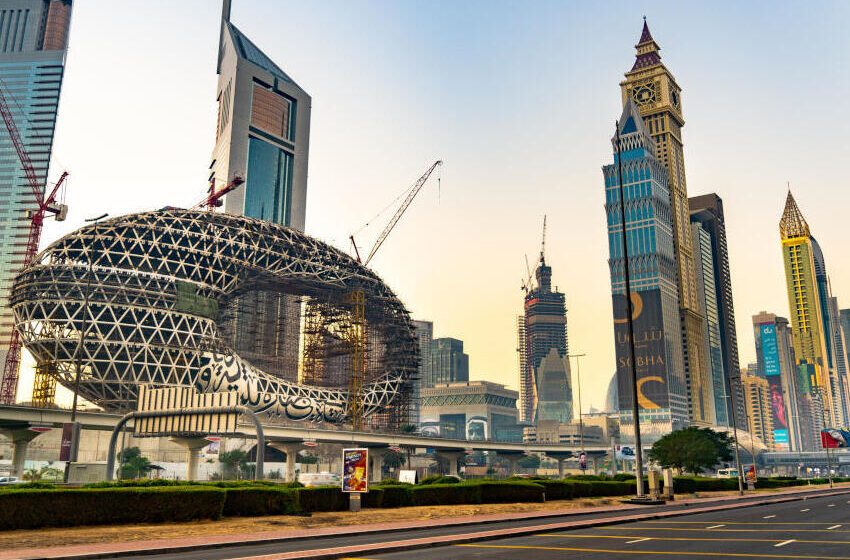
Environmental Game Changer: UAE Imposes Stricter Controls on HFCs to Tackle Climate Change
In a decisive move towards combating climate change, the United Arab Emirates’ Ministry of Climate Change and Environment has issued a groundbreaking decree to regulate the circulation of hydrofluorocarbons (HFCs) within the country. This significant action underscores the UAE’s commitment to finding solutions and implementing regulations aimed at curbing climate change, improving air quality, and preserving the environment.
HFCs, widely used as refrigerants and aerosol propellants, are potent greenhouse gases known to contribute to global warming. Their impact on the environment is several times more potent than carbon dioxide, making their regulation a pressing concern for countries striving to mitigate climate change.
The newly announced decree serves as a pivotal step towards addressing this critical issue. By strictly regulating the circulation of HFCs, the UAE aims to prevent their release into the atmosphere, thereby curbing their detrimental impact on the climate. This proactive approach reflects the UAE’s recognition of its responsibility to enact comprehensive measures that limit climate change, enhance air quality, and protect the environment for future generations.
The ministry’s decision reflects a deep understanding of the urgent need for collective action to combat climate change. By taking a firm stance on HFC regulation, the UAE demonstrates its commitment to aligning with international efforts to tackle this global challenge. The move not only strengthens the UAE’s position as a responsible global citizen but also sets a positive example for other nations to follow suit.
Keep Reading
The regulation of HFCs is a significant stride towards achieving the UAE’s broader sustainability goals. The country has been at the forefront of adopting environmentally friendly policies, aiming to diversify its economy and reduce its carbon footprint. With this latest decree, the UAE reinforces its position as a regional leader in sustainable practices, further cementing its commitment to a greener future.
While the regulation of HFCs is undoubtedly a step in the right direction, continued efforts are required to ensure effective implementation. Collaborative action between government bodies, industries, and citizens is essential to enforce compliance with the new regulations and promote the adoption of environmentally friendly alternatives. This concerted approach will be crucial in mitigating the adverse effects of HFCs and fostering a culture of sustainability within the country.
As the global community grapples with the repercussions of climate change, it is heartening to witness countries like the UAE taking proactive measures to address critical environmental issues. The Ministry of Climate Change and Environment’s decisive action to regulate HFCs represents a significant milestone in the UAE’s journey towards a more sustainable future.
By recognizing the importance of climate change mitigation, the UAE has underscored the need for swift and decisive action on a global scale. The regulation of HFCs is a testament to the country’s commitment to safeguarding the environment, improving air quality, and preserving the planet for future generations. It serves as a clarion call for other nations to follow suit and collectively tackle the pressing challenges of our time.



